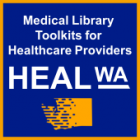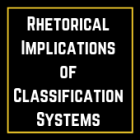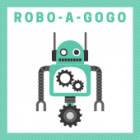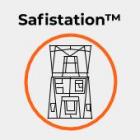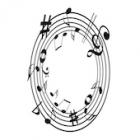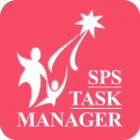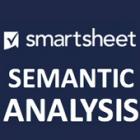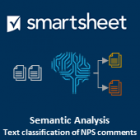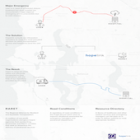
RARET Web Platform
When road conditions get bad for everyone, they create even more extreme challenges for people with limited mobility who rely on public infrastructure to access much-needed medical services. Our platform, built for emergency managers in the various Counties of Puget Sound, directly addresses this issue by creating a centralized information platform that helps facilitate decision-making on which health center and transportation service to use. All the information needed for an emergency manager to guide a patient to a medical facility during emergency situations is available in one easy to use location, saving time when lives are potentially at stake.



